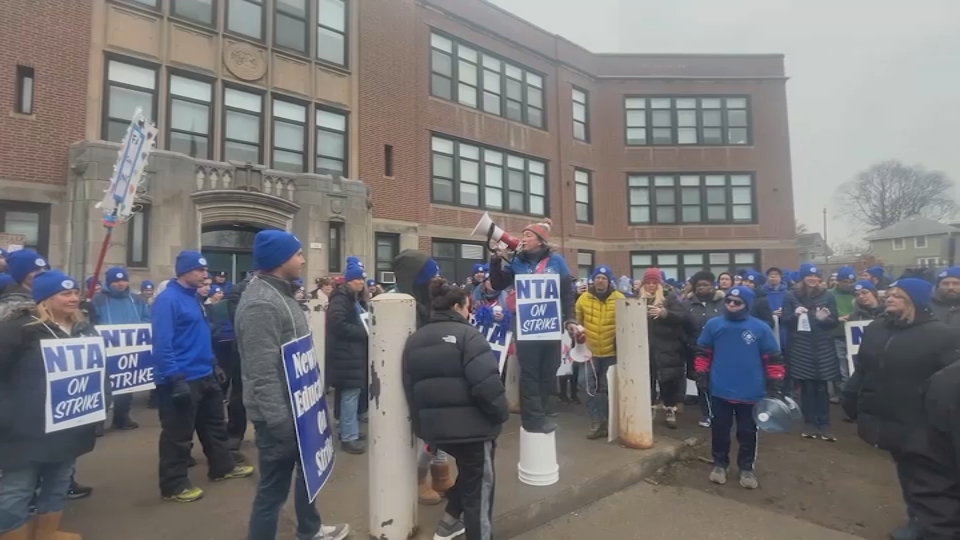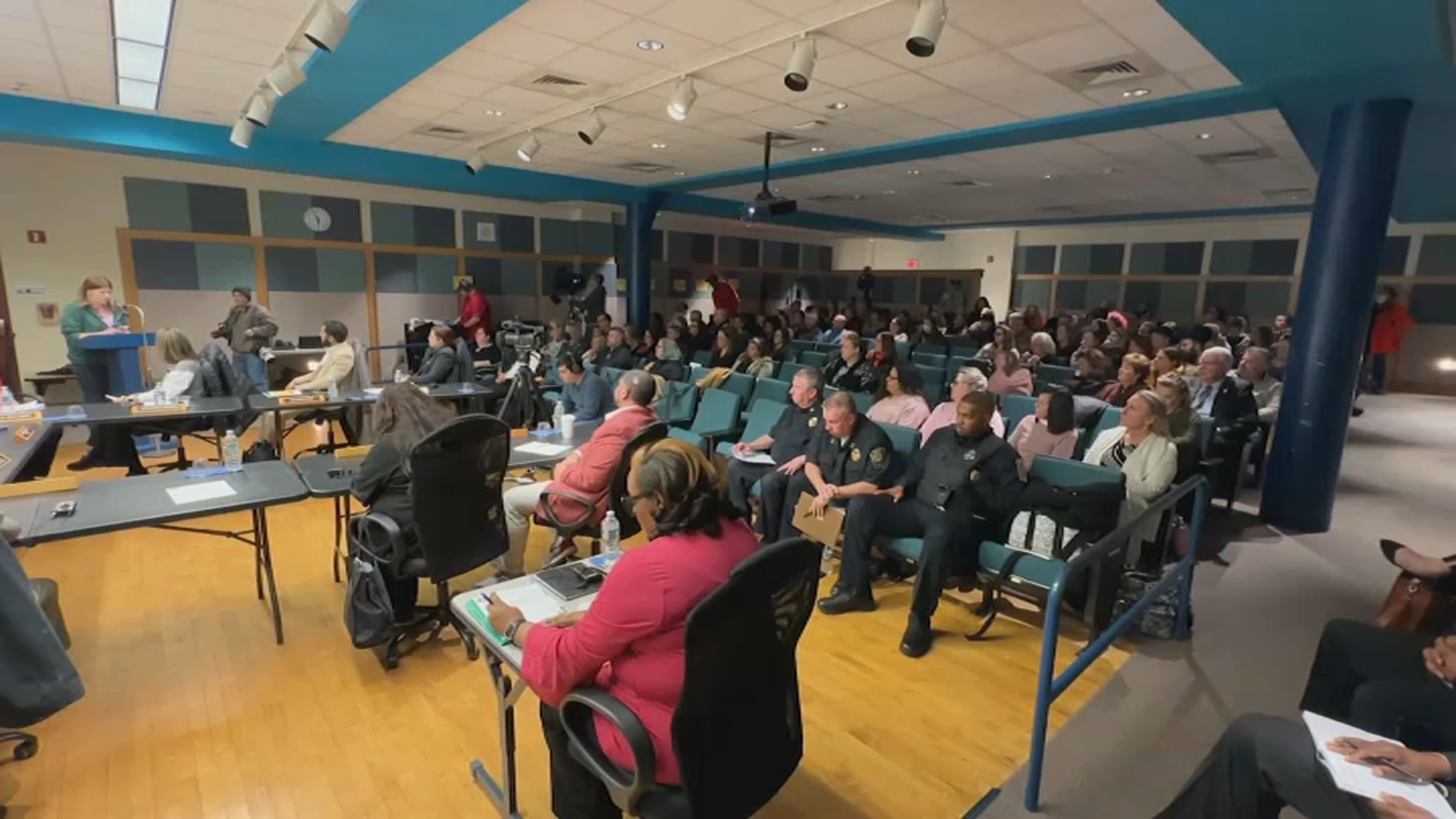Newton's teacher strike — now resolved, with students back in the classroom Monday — may have been the longest in recent memory for Massachusetts, but it certainly was not an isolated event, and now school districts facing contract negotiations are concerned they could be next to see picket lines.
Teachers in the Bay State have been withholding their labor more in recent years — a trend that began in 2019, when educators in Dedham hit the picket lines. That strike marked the first of its kind in Massachusetts in 12 years.
Since 2022, there have been six teacher unions in the state to go on strike — Brookline, Malden, Haverhill, Woburn, Andover and Newton.
"Both in the private sector and in the public sector, there has been this burst of strikes, organizing, attempts to negotiate first contracts for new unions," Boston University law professor Maria O'Brien said. "And it follows a period that I think would be fair to say was pretty dormant and quiet for many years before that."
O'Brien specializes in labor matters, and said that the success of other strikes can spark more.
"If you look over to your right and you see someone else that's done it and had success with it, yeah, I suspect there's kind of a marginal effect there that that influences the next unhappy group of employees to say, 'Well, they did it. Let's study that. Let's think about that. And consider following in their footsteps,'" O'Brien said.
She suspects that the current economic conditions are fueling the fire as she tracks growing labor activity.
"My gut tells me that it's somehow connected to the kind of unpleasant period of inflation that we've all been living through these last couple years since the pandemic," O'Brien said. "And I think inflation at least partly explains it because inflation eats away at your purchasing power with whatever you're making."
"We have schools that are not receiving the funding or the resources that we need," she said. "And that's why I think you are seeing this pattern of educators withholding their labor."
What's more, McCarthy said, the job itself has drastically changed since the pandemic.
"I believe our students are in an emotional crisis," she said. "We hear time and time again that students aren't feeling safe. Educators aren't feeling safe, and that we have prioritized the wrong things in our classrooms."
In Massachusetts, it's illegal for public employees like teachers to go on strike. But in many instances, these strikes have pressed on in the face of court injunctions and steep fines.
"I mean, it's a no brainer," she said. "We should not be in a system that is seeking to punish a gendered profession who loves children by trying to hit them with exorbitant fines."
In some cases, though, those fines end up waived when an agreement is met. That's certainly not always the case, however. In Haverhill, the teacher's union there had to pay $110,000 in fines after four days on the picket line, and also had to reimburse the city $200,000.
Tom Scott, executive director of the Massachusetts Association of State Superintendents, said there is a real financial burden to districts and municipalities dealing with these strikes.
"You have a lot of nonprofessional people who still come to work," Scott said. "You have a lot of security costs. So when you have a strike, you have lots of police details that are provided. You've got a lot of food insecurity issues that need to be addressed."
NBC10 Boston reached out to five communities that have seen educator strikes to learn the cost associated, but we haven't heard back yet.
Beyond the cost, Scott added that these strikes can lead to student learning loss, as well as damage the relationship between administrators and teachers for long after an agreement is met.
"The animosity, the distrust, the relationships that are broken, the way in which unions unify and sort of almost become cult-like in terms of how they kind of connect with one another, which didn't happen before that strike," Scott said.
And yet, whether it's teaching students, service coffee or shipping packages, labor unions all over the country have been connecting in an effort to get more from their employers.
"Budget statements are value statements," McCarthy said. "Public education is the foundation of our democracy, and currently our schools are underfunded here in Massachusetts."
Scott said the number of strikes recently has been enough to leave district leaders across the state cautious about what's to come.
"I think, you know, every superintendent right now who's looking down the barrel of a negotiation this year or next year, obviously, in the back of their mind is, you know, could this, 'Could this be us next?'"



